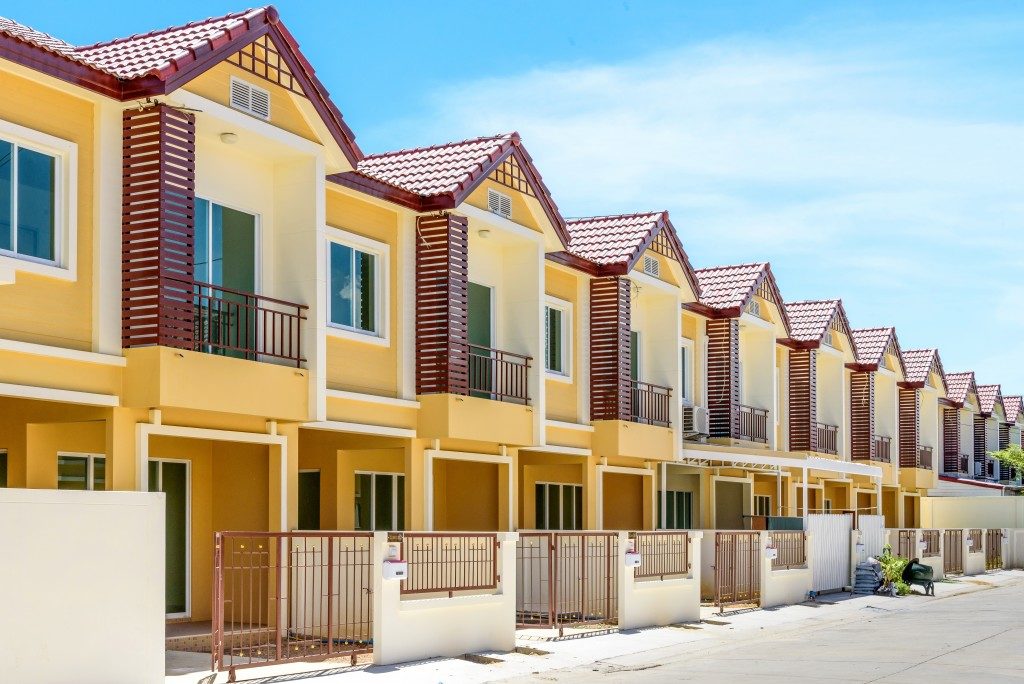The coronavirus pandemic has inflicted sweeping changes on social, political, and economic environments all over the world. All industries were affected by it, but some suffered worse than others. The real estate market arguably belongs to the latter group.
Below are three issues that real estate, specifically the investment sector, is facing because of the pandemic. What follows are the qualities of the industry that remain unchanged by these difficult times.
Three Changes That Challenge Real Estate Investors
The Slowdown in new construction projects
Social distancing is strictly enforced in places where COVID-19 infection rates are alarmingly high. Many Asian countries even drafted new laws that mete out punishments for violators of social distancing and stay-at-home mandates. These laws effectively put a stop to all activities and business processes that required a large number of people to gather in one location. Construction companies are taking a hit, as a result, which in turn is affecting the real estate industry. Ongoing and scheduled construction projects for housing, condominiums, commercial buildings, and other real estate properties are now delayed and with unclear completion dates.
Rent payment freezes
The difficulties everyone faced as a result of the pandemic called for radical changes in how businesses work. There had been a collective effort across industries to give everyone breathing room financially, specifically by freezing payments for loans, public utilities, and general services during the first months of lockdown. Some even had to suspend evictions and rent increases. These decisions were driven by empathy and are widely appreciated and needed. They are, however, taking a toll on the income of real estate investors and owners of leasing properties (e.g., rental homes, condominiums, office and commercial spaces).
Increasingly vulnerable purchasing power
Major cities in Asia and Oceania began to reopen domestic borders and restart local economies as early as April. Unfortunately, places like Hong Kong, Seoul, Cebu, and the entire state of Victoria have had to reinstate or extend restrictions after seeing a “second wave” of infections taking place shortly after easing restrictions. The unpredictability of spiking and flattening of COVID-19 cases is putting all industries on edge. It affects the real estate industry because people are now cautious about spending money. Many prospective house buyers who thought about buying a new house in January are likely going to hold on to their savings in preparation for the global economic recession that, economists fear, could happen.
These challenges are unprecedented, and investors have little choice but to be both predictive and reactive with their strategies. Fortunately, there are still some things that investors can fall back on.

Three Constants in Favor of Real Estate Investors
Housing remains to be a top need
There will always be a need for housing, whether rental or homeownership. The base prices may dip while there is an economic crisis, but history tells us that the demand for housing and real estate investment opportunities also rises as the economy recovers. The current environment may be bleak, but as long as the need for housing and commercial spaces exists, the market will eventually turn in favor of investors.
Real estate is a stable asset
Real estate is more stable compared to stocks and other investments. Even before the pandemic struck, houses and other real estate properties have always been less liquid because they usually take months (even years, for high-value properties) to sell. Moreover, residential properties that are already rented out can continue to generate income given that people are unlikely to move in the middle of a pandemic.
Real estate is a long-term investment
Adding to its stable characteristic, real estate investments are designed to yield long-term ROI. Even if real estate suffers from a recession, the industry will always bounce back. Participants must stay invested long term so that their gains can offset and exceed their losses.
Warren Buffet famously said, “Be fearful when others are greedy and greedy when others are fearful.” It is indeed a risk to invest when the economy is low, but one can only gain as much as he or she risks. So if you have invested in preselling properties in emerging regions like Cavite in the Philippines, Surabaya in Indonesia, and Yangon in Myanmar, for example, hold on to that investment. The entire world is working towards finding a solution to the COVID-19 pandemic, i.e., discovering and testing vaccines for the virus, so everyone can look forward to economic recovery even if the timeline remains uncertain.

